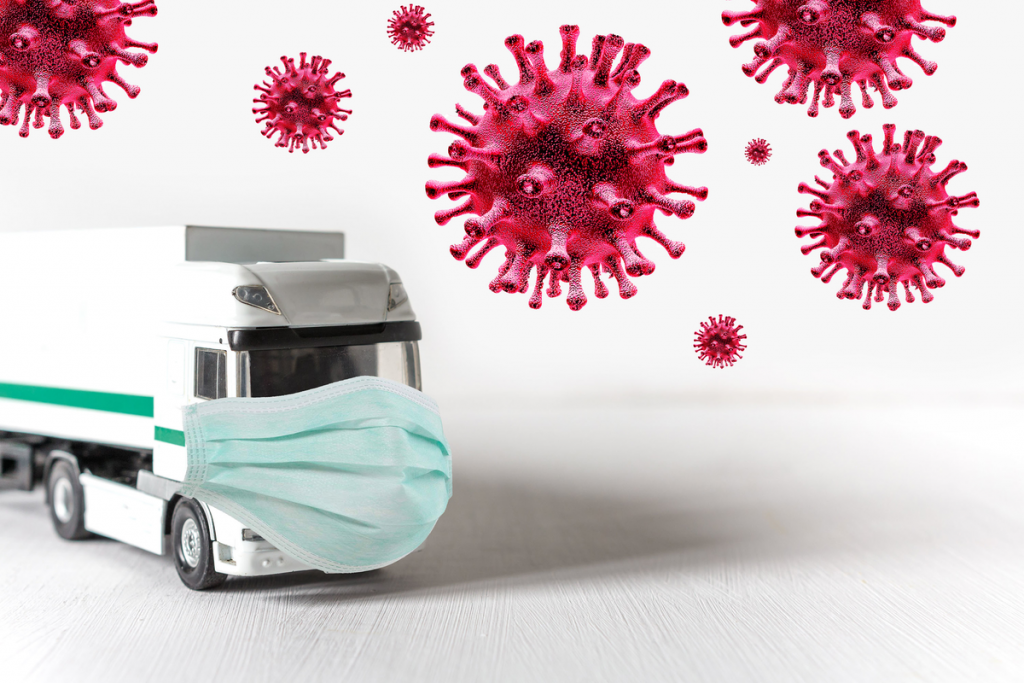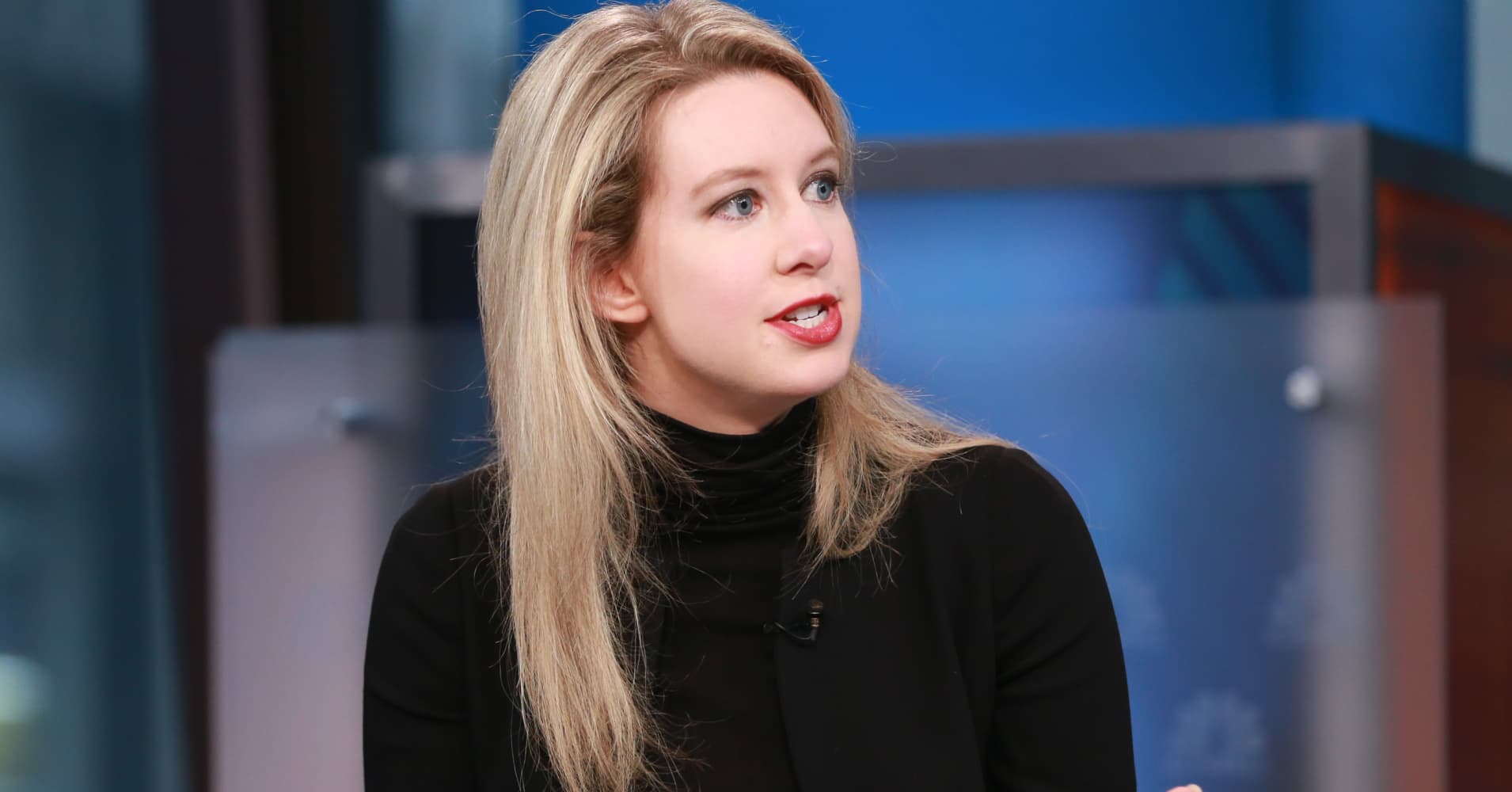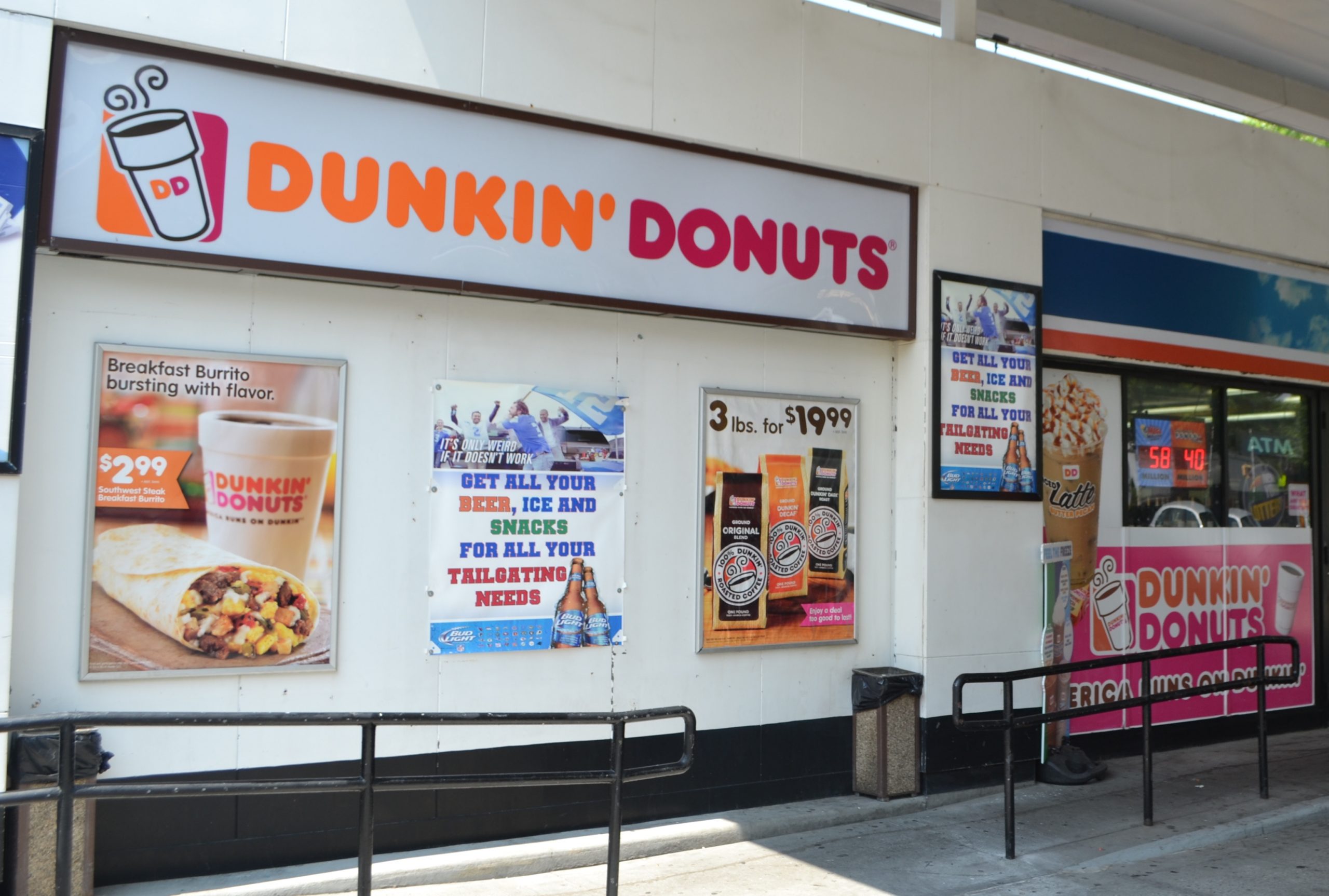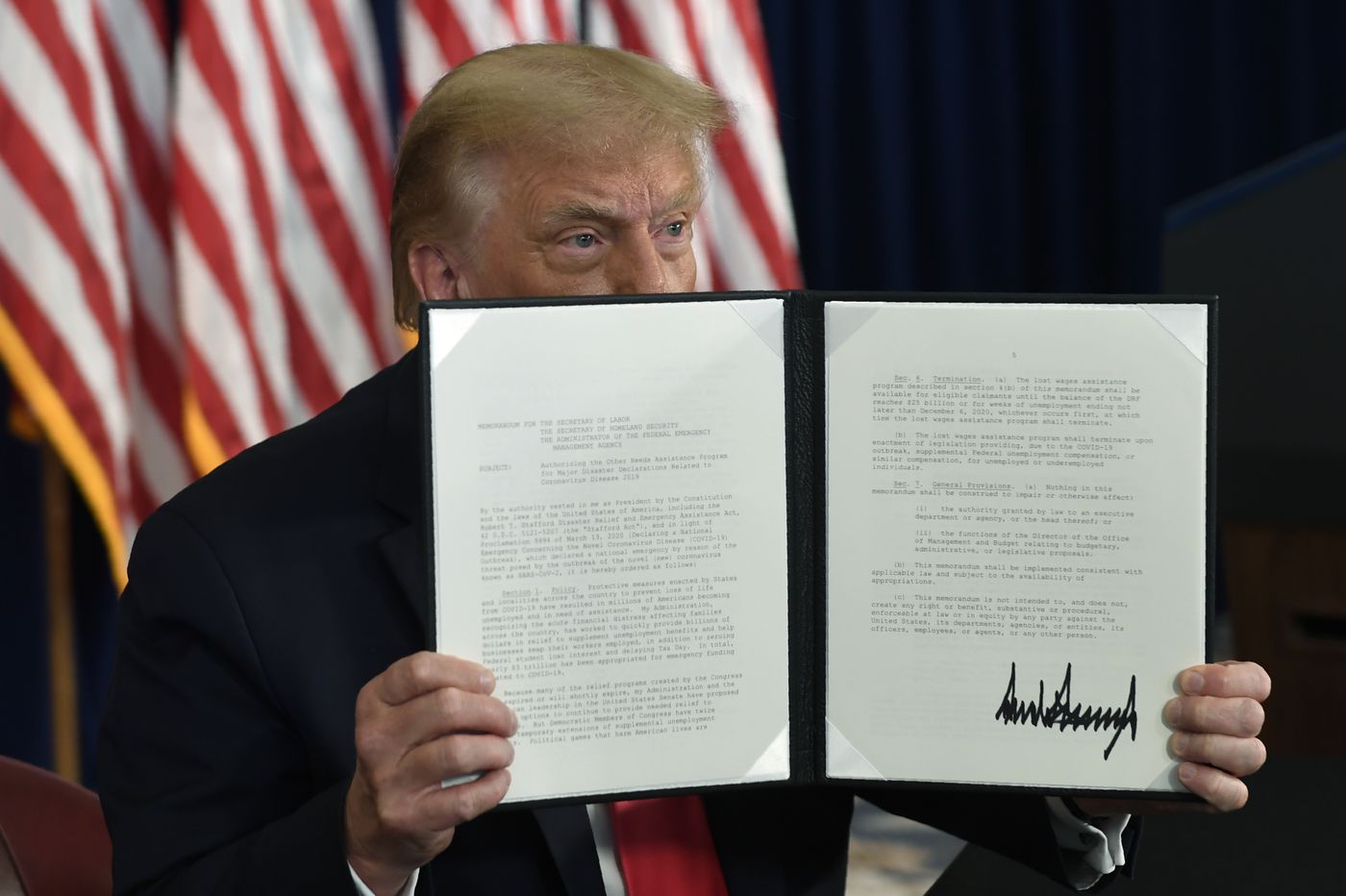A California federal court judge overseeing the case against disgraced Theranos creator Elizabeth Holmes has revealed that the trial date will be pushed back by numerous months as the state, and the country continues to come to grips with the coronavirus pandemic.
U.S. District Court Judge Edward J. Davila, who is administering over the San Jose-based wire scams case versus Holmes, said in court documents submitted late recently that the one-time billionaire’s trial is now expected to start on July 13, 2021 – — 4 months later than the March date that had formerly been set.
“The court has been watchful in keeping notified regarding the impact of the COVID-19 pandemic in the nation and the state and in day to day life in the San Francisco bay area,” Davila wrote in court papers submitted Dec. 18. “The court notes, unfortunately, the effect on our lives is grim.”
Davila went on to describe how the Golden State remains in the midst of “an unmatched rise in cases and hospitalizations.”
Since Thursday morning, the United States had reported a minimum of 18,495,851 COVID-19 cases and 326,871 deaths, according to information assembled by Johns Hopkins University & & Medication.
California has reported the highest variety of cases with 2,010,485 favorable COVID-19 tests reported; 23,660 Californians have died, data show.
Davila acknowledged the significance of Holmes’s trial, but that the danger was undue.
“The court acknowledges that a continuance of the trial will cause fantastic hassle to victims who would like their day in court, along with the defendant, who wants a rapid chance to protect versus the charges,” he wrote. “All of these rights are very important, however vital to the court is the safety and health of the community.”

Holmes founded Theranos in Palo Alto, Calif., in 2003, pitching the company’s technology as a less expensive way to run dozens of blood tests. She said she was motivated to begin the company in action to her worry of needles.
Theranos raised millions in start-up funding by promoting its tests as costing a “portion” of what other labs charge.
District attorneys declare that Holmes and previous chief running officer Ramesh “Sunny” Balwani deliberately misled investors, policymakers, and the general public about the precision of Theranos’ blood-testing innovations.
The two pleaded not guilty to wire fraud and conspiracy to commit wire fraud. If convicted, they might each face optimum charges of 20 years in prison, a $2.75 million fine, and possible restitution, the Department of Justice said.
Holmes, a Stanford University drop out as soon as billed as the “next Steve Jobs,” surrendered control of the blood-testing start-up in 2018, when she consented to pay $500,000 to settle charges that she supervised a “huge fraud.”
Under an arrangement with the Securities and Exchange Commission at the time, Holmes was disallowed from working as an officer or director of a public business for 10 years.
2 years previously, the SEC, prompted by a Wall Street Journal investigation, started looking into claims Theranos had made about its potentially revolutionary blood-testing technology.
The Journal priced estimate previous workers that thought the technology was a scam, and it found that the company was using routine blood-testing devices for the huge bulk of its tests. The story raised issues about the precision of Theranos’ blood-testing technology, which put clients at risk of having conditions either misdiagnosed or disregarded.
Davila warned earlier in the month that attorneys and offenders should anticipate “an extremely different trial obviously in the COVID timeframe,” Yahoo Finance reported. He previously laid out strategies for how the trial would move forward while remaining by virus-related guidelines.
“I will be able to protect clear face masks for witnesses,” Davila stated, according to the report. He stated the Northern District of California is also thinking about supplying air filtration in the area of the witness stand. “The problem is … what do we do as far as cleanup, if you will, after – — sanitizing after a witness affirms?”
The design of the courtroom will be altered to ensure the 14-person jury and all other parties will be able to follow social distancing guidelines, the jurist said, according to the news website.
Among the more popular concerns was the reality that a juror, defense lawyer, district attorneys, or even Davila might fall ill throughout the trial and be not able to continue or become exposed and be needed to quarantine.
He also stated he had issues relating to the flow of physical evidence and documents that would normally be shared or sent out throughout the procedures.









